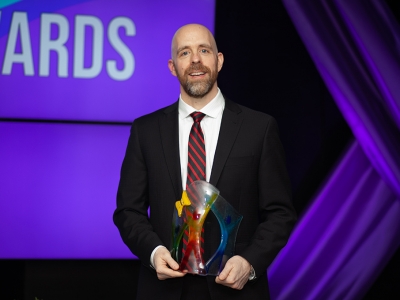By Dan Rubinstein
Photos by Fangliang Xu
In mid-March, when Canada’s COVID-19 lockdown started, Anita Grace was in the home stretch of her PhD in Law and Legal Studies at Carleton University.
Suddenly faced with the prospect of preparing for a late-April thesis defence while looking after her two children, who would be home from school for the foreseeable future, Grace was curious how others were managing the challenges of pandemic living.
So she approached Prof. Linda Duxbury at the Sprott School of Business — one of the country’s leading experts on work-life balance — and asked whether they could develop a research project to examine how people were coping.
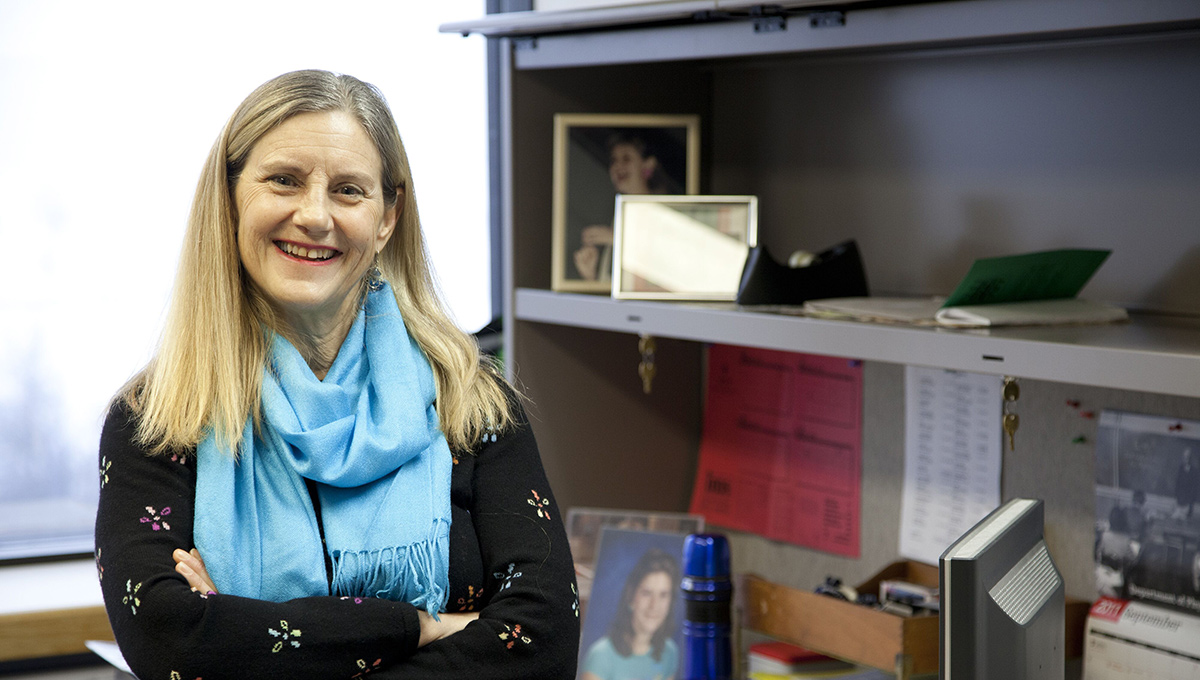
Prof. Linda Duxbury
Not only did Duxbury agree, she quickly suggested a specific focus for the project, signed up an external partner, secured funding from MITACS and swiftly navigated through Carleton’s ethics approval process so data collection could begin before the end of March.
“This is different than any research I’ve done before,” says Grace, whose doctoral research was on employment for women exiting prison.
Now she is co-leading “Work, Family, Life During the COVID-19 Pandemic,” which is exploring the challenges, stressors and coping strategies of working adults.
“We wanted to begin right away, while people were still reeling,” says Grace.
“Initially, people told us they felt like they were failing at everything. They couldn’t do their jobs well; they couldn’t home school their kids well. They were overwhelmed and frustrated.
“Now, six weeks later, what we’re hearing is different. People are sharing strategies and acknowledging that it’s OK to let some things go. And it’s because of Linda, who has so much experience and knowledge in this area, that we were able to start so quickly and capture valuable information in real time.”
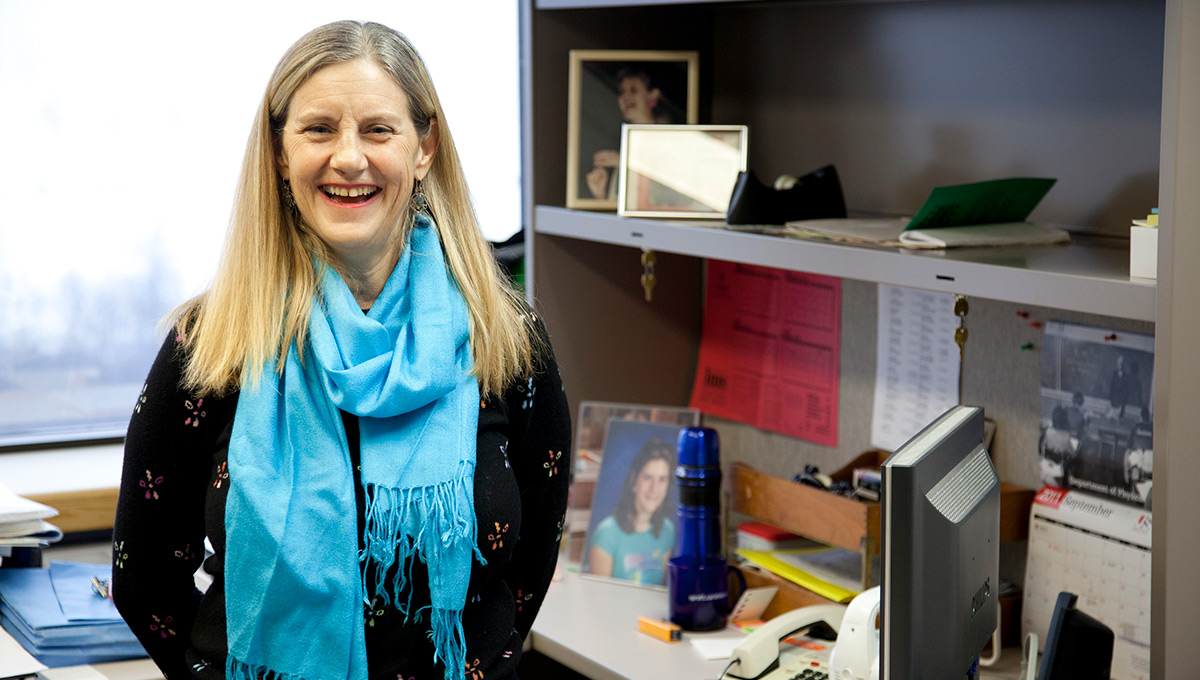
Phone Interviews Gathering Info
The “Work, Family, Life” project, in collaboration with the Canadian Mental Health Association’s Ontario division, has 75 participants across the province who are doing weekly phone interviews with five research assistants supervised by Duxbury and Grace.
The participants are being asked the same set of questions by the same Carleton graduate student each week in approximately 15-minute-long interviews, probing the particular challenges they’re facing, how they’re responding, how they’re balancing different roles (such as parent and employee) and how their mental health is holding up.
This consistency and continuity will provide a picture of how responses to the pandemic are changing over time, and gives participants a therapy-like opportunity to reflect and share that may be missing amid their busy weeks.
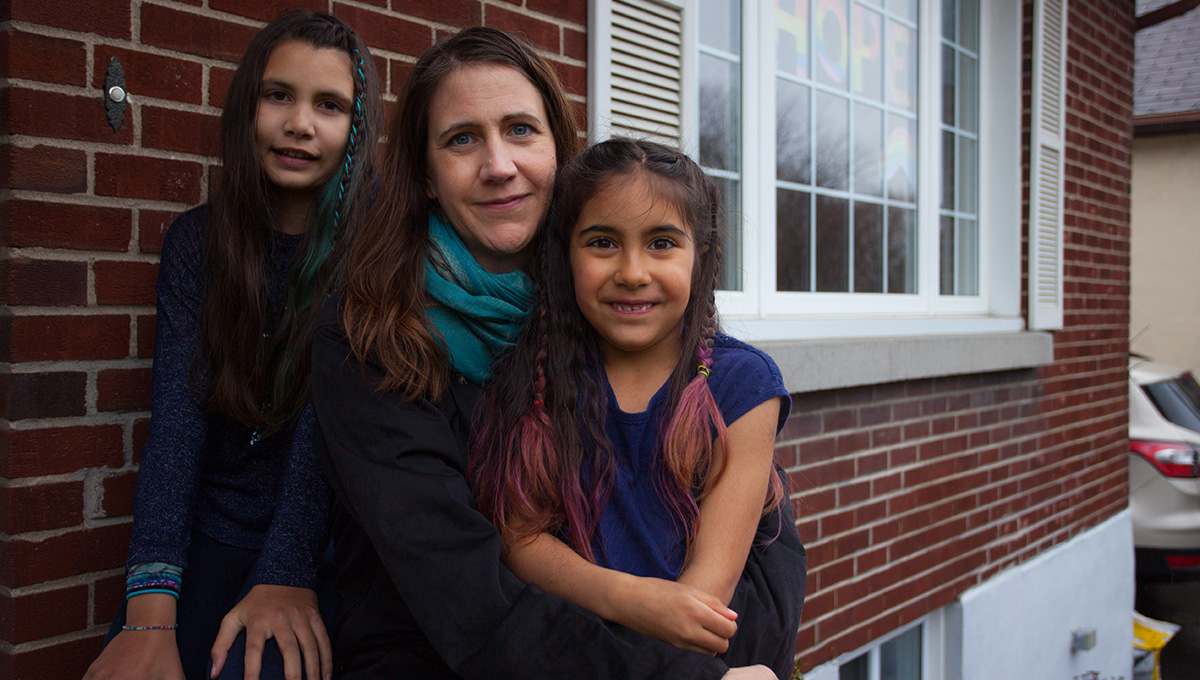
Anita Grace and her daughters
Although the research is still in its early stages, it’s already clear that participants are under a great deal of strain, says Grace, and that managing the overlapping responsibilities of work and child care are extremely challenging.
Among commonly reported concerns so far is the difficulty of managing screen time for children who are going online for school, socializing and entertainment. And there are serious concerns that the lockdown will lead to longer-term mental health issues, which is why the Canadian Mental Health Association got involved.
But the interviews all end with the same question — “what’s the best thing that happened to you this past week? — which invites reflection on some of the positive impacts of the pandemic, even in the face of all the stress and frustration.
“What I’m hearing a lot,” says Grace, “is that people have new opportunities to connect with their kids. It feels like ‘given time’ — they’re not just driving their kids to activities and rushing around. They’re having nice family moments: playing board games, watching movies together, having family dinners, and siblings are getting along with one another.”
One family, she says, have been doing daily walks together, even in the wind and rain — “a bonding experience they wouldn’t otherwise have.”
Ultimately, this research, which will continue until distancing measures end, “will help governments and business better understand the social and human costs of pandemics and the strategies used to manage them in Canada,” according to a project summary. “These data can also be used to make the case for additional mental health funding to support Canadians.”
People are establishing new routines, finding efficiencies and “making things work,” says Grace, “but there are so many different factors to consider — for example, about 20 per cent of our participants are separated from their spouses — and the solutions will not be simple.”
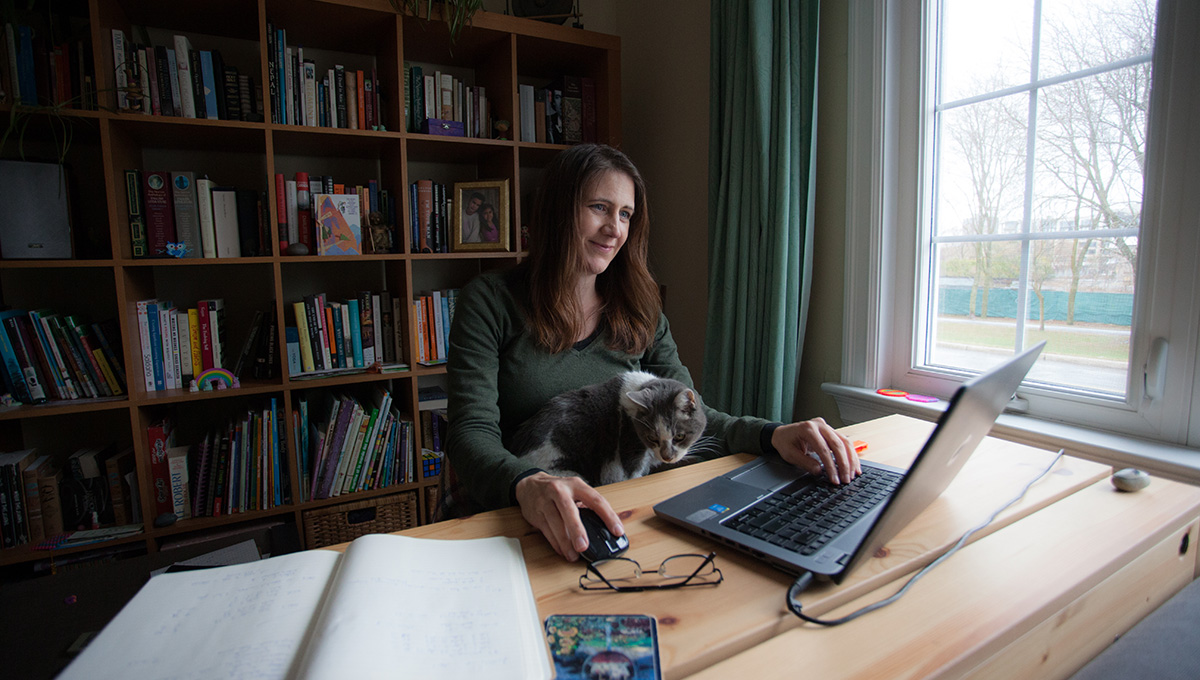
Parallel Study on Police Officers
In addition to this project, Duxbury proposed a parallel study focusing on police officers and their partners — “Work, Family, Life of Police Offices and Their Families During and After a Pandemic: Examination of an Extreme Case.” It received funding from MITACS and started in late April.
A collaboration with the Canadian Police Association (CPA) and a continuation of Duxbury’s longstanding research relationships with police forces and organizations across the country, it will explore the issues faced by officers — who are essential workers, like health-care practitioners and paramedics — during the pandemic.
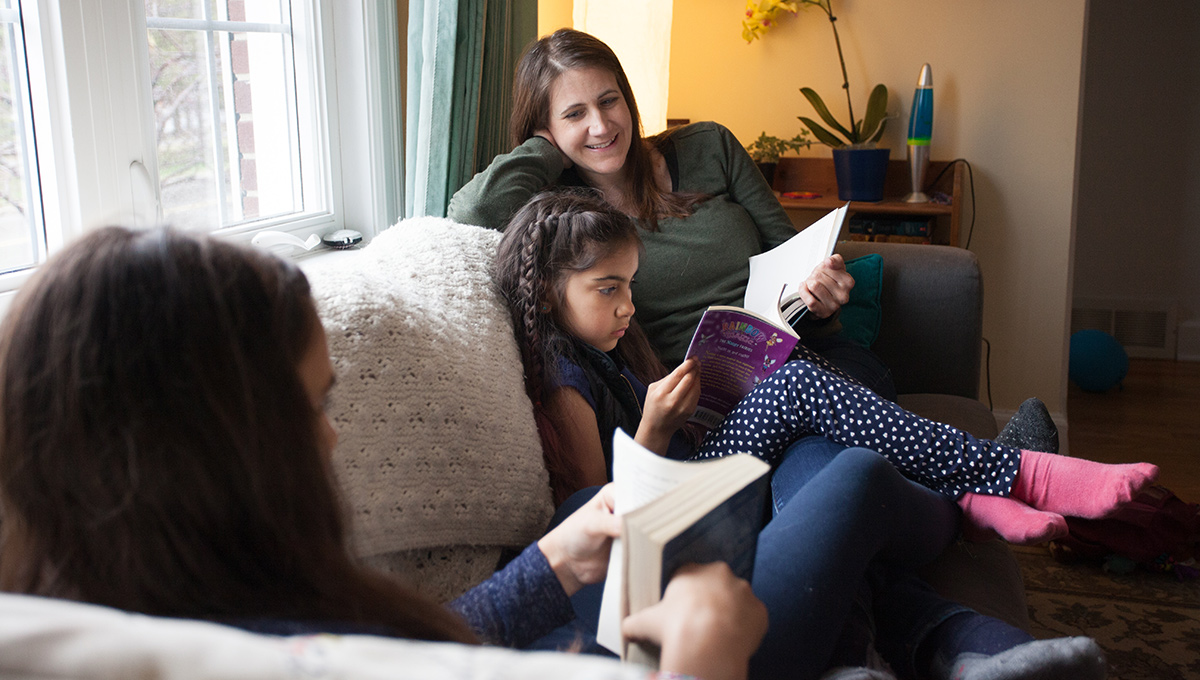
“They must continue their work on the front line and risk exposure for themselves and their family to the novel coronavirus,” reads the abstract for the project, which is being helmed by Duxbury’s postdoctoral research assistant Andre Lanctot.
“They must balance the requirements of a stressful job (demands which have themselves changed because of the pandemic) with the needs of their children (who are now at home), their partner (who may now be unemployed or working from home) and worries about their elderly family members.”
By conducting in-depth weekly interviews with police officers and their partners who face complex and evolving stressors during the pandemic such as changing crime patterns, and by taking into account unique factors, such as their high levels of contact with the community and work-family spillover, the study aims to shine a light on effective coping strategies and provide the CPA “with concrete data which they can use to lobby policy-makers and governments on issues such as officer work-life balance and well-being.”
It could also help the CPA “determine how both they and the services that employ the officers can best support officer well-being, manage officer workloads, communicate critical information to this group of essential workers during times of crisis,” and help “governments and member police services conduct a post-mortem after the pandemic is over (and) physical distancing restrictions are lifted to identify what they did right with respect to community and officer safety and well-being … and what they could have done to improve.”
Moreover, through its focus on officers as part of a family unit, which can both help people cope with stress and be a source of stress, the project will give the CPA the data it needs “to champion policies and programs supporting police-family mental health moving forward” — knowledge that can be shared with other emergency workers who face similar conditions in times of crisis.
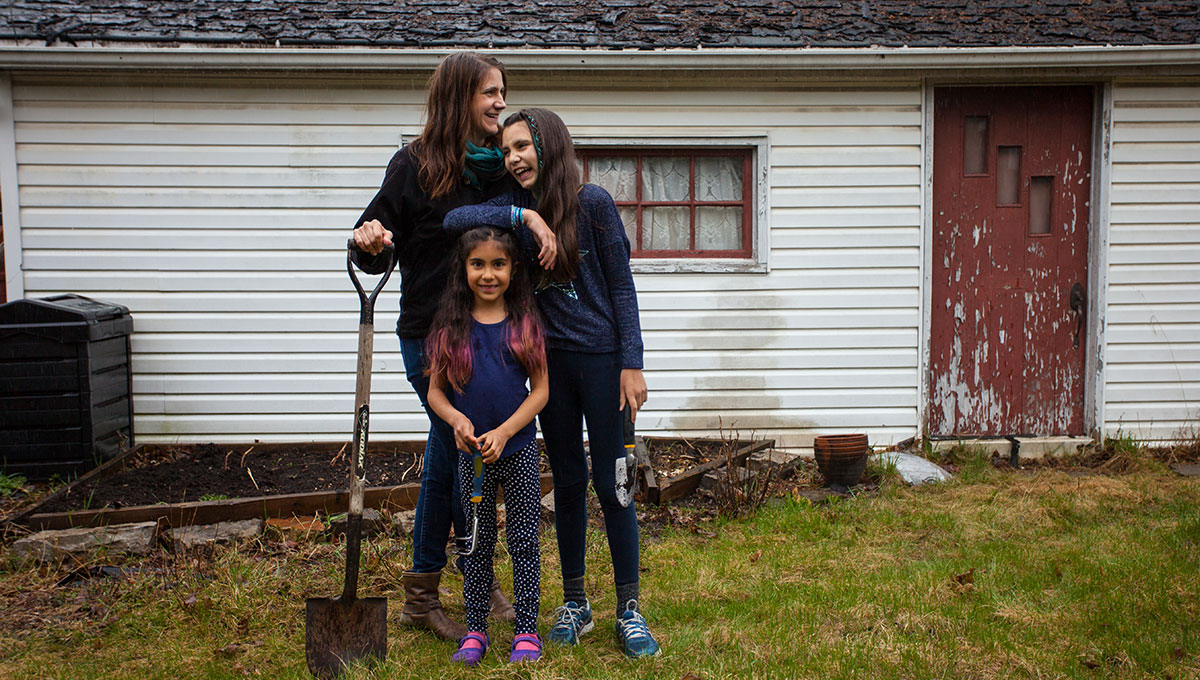
Watershed Moment is Changing Attitudes
Above and beyond these two projects, the COVID-19 pandemic is “offering a shakeup to businesses and making people question conventional wisdom,” says Duxbury.
Watching people and businesses cope with the pandemic, she adds, “provides a natural experiment” that will allow researchers in various fields to study how behaviours are changing in this unprecedented crisis.
People who were already feeling stress and anxiety — people who were struggling to maintain a healthy work-life balance — are now dealing with additional concerns and emotions (frustration, anger, grief) and overriding feelings of uncertainty.
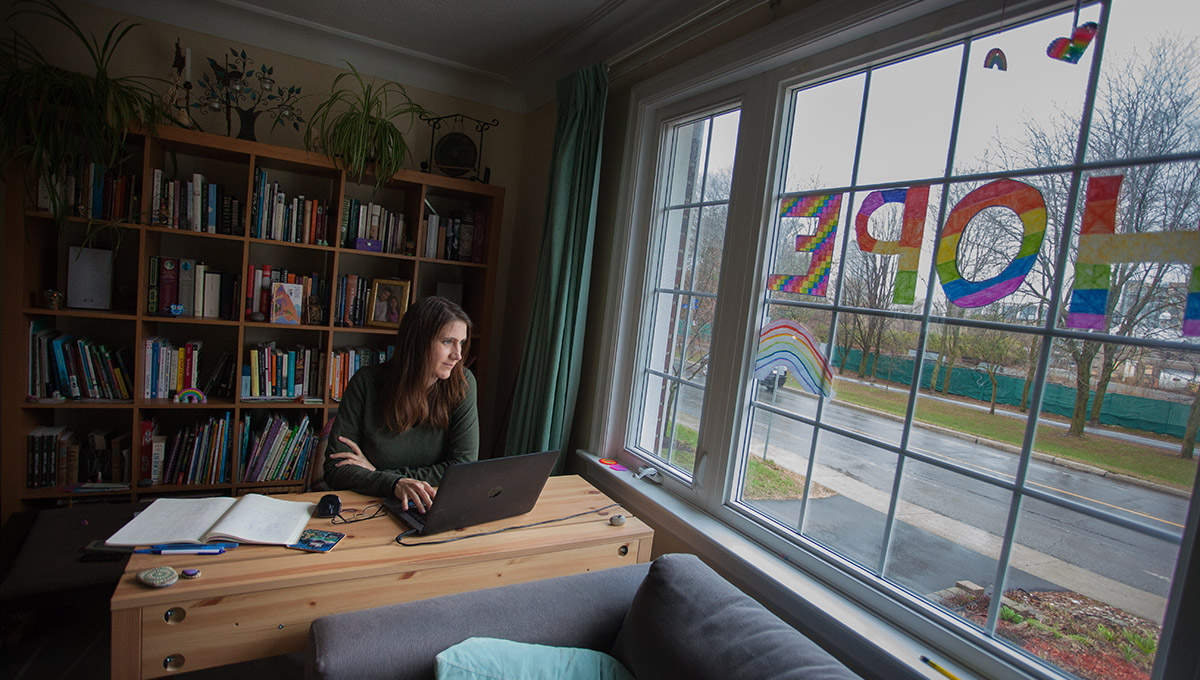
“We have no idea how this will play out in 10 to 15 years,” says Duxbury. “This will have the same scale of impact on people’s attitudes and values as the Great Depression.”
Generations are formed by “watershed” moments, she explains, and the pandemic will be a formative experience for today’s high school and post-secondary students.
It’s changing our attitudes toward everything from technology and telecommuting to social interaction and climate change.
It could lead to major political changes — such as a broad support for universal health care in the United States — and to new approaches to elder care and mental health programs.
And by forcing people to reassess their priorities, it could have a profound impact on conversations about work-life balance.
“We tend to divide our lives by physical locations and what we do when we go somewhere,” says Duxbury.
“We get up, send the kids to school, go to work, come home, go out to socialize with friends — these are all cues. And the pandemic is changing or taking away many cues to how we structure our lives.
“Both of these research projects,” she continues, “are trying to help us learn from what’s happening right now. Lessons from an extreme situation can help inform our day-to-day lives and can lead to more recognition of the important role that policy plays in our lives.”
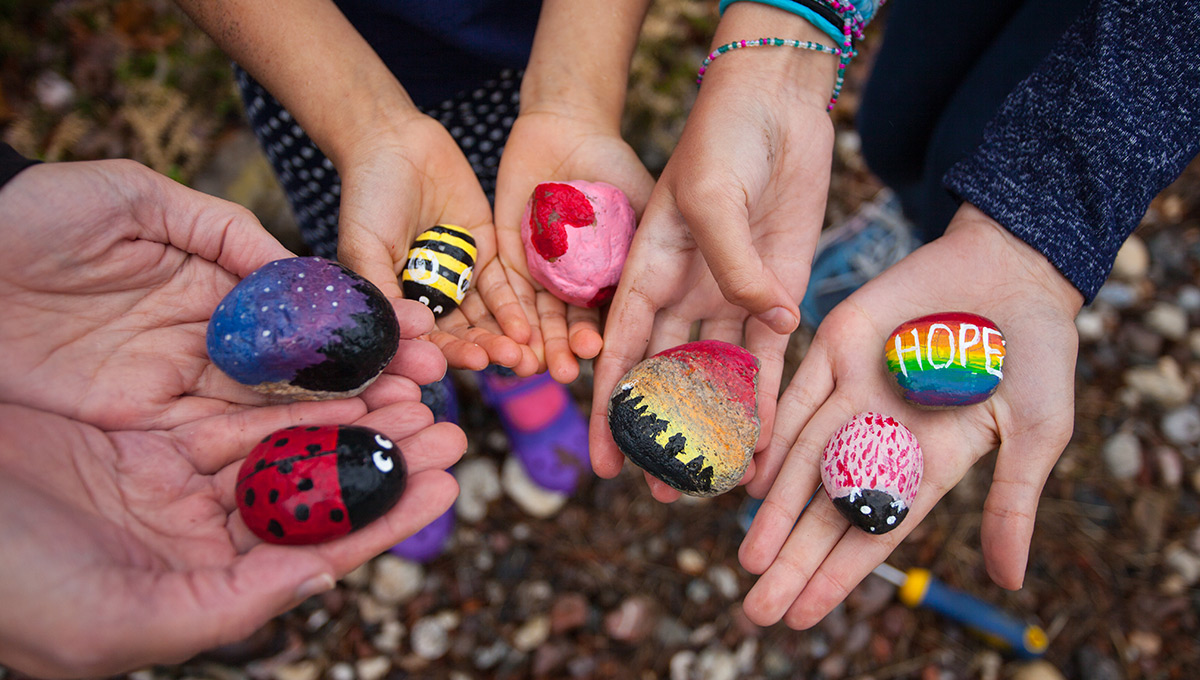
Tuesday, May 12, 2020 in COVID-19, Mental Health, Research
Share: Twitter, Facebook

